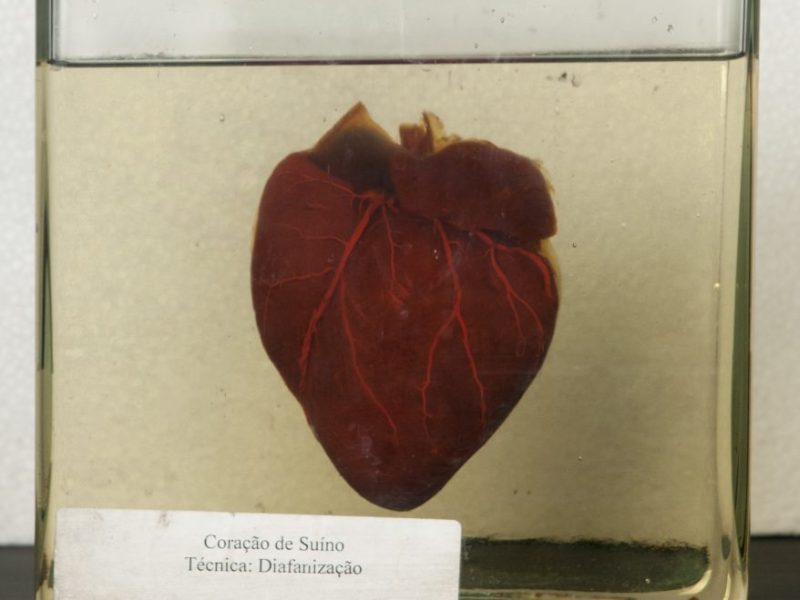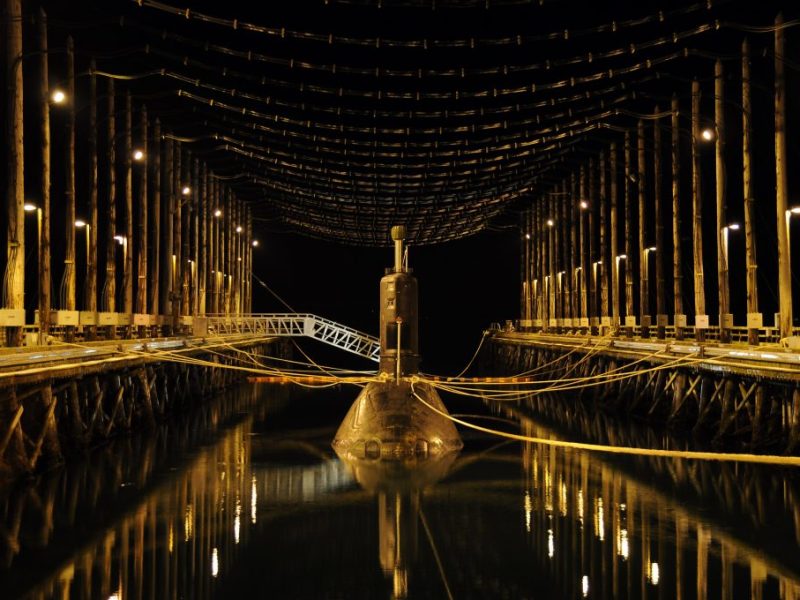Wikimedia Research Newsletter, January 2018
Automated Q&A from Wikipedia articles; Who succeeds in talk page discussions?
With contributions by: Eddie891, Thomas Niebler, Barbara (WVS) and Tilman Bayer

Wikimedia 2030: Wikimedia’s role in shaping the future of the information commons
As part of Wikimedia 2030, the Foundation commissioned research to inform conversations and contextualize trends that could affect Wikimedia from now until 2030.

What galleries, libraries, archives, and museums can teach us about multimedia metadata on Wikimedia Commons
Upcoming changes to Wikimedia Commons will make it easier to add, update, and find important information about individual files and entire collections. New research helps us understand what to improve, and why it matters.

How we made that net neutrality clickstream diagram
To illustrate our recent post on Wikipedia clickstream 'rabbit holes,' the Wikimedia Foundation's Mikhail Popov used R code to create a net neutrality clickstream. An overview of core graph theory terms is provided, along with brief introductions to R packages igraph, ggplot2, and ggraph. While some familiarity with R is necessary, he includes a list of free resources for learning it at the bottom.

New monthly dataset shows where people fall into Wikipedia rabbit holes
The Wikimedia Foundation’s Analytics team is releasing a monthly clickstream dataset. The dataset represents—in aggregate—how readers reach a Wikipedia article and navigate to the next. Previously published as a static release, this dataset is now available as a series of monthly data dumps for English, Russian, German, Spanish, and Japanese Wikipedias.

Wikimedia Research Newsletter, September 2017
French medical articles have "high rate of veracity"; quality comparisons across languages; perceptions of credibility
With contributions by: Nicolas Jullien, Leila Zia, Tilman Bayer and FULBERT

Foundation research project learns from Czech and Korean Wikipedia communities
From May to July 2017, researchers conducted in-person interviews with 64 new and experienced editors in South Korea and the Czech Republic. The Czech and Korean Wikipedias were chosen to represent mid-sized wikis.

How we know what we know: The Initiative for Open Citations (I4OC) helps unlock millions of connections between scholarly research
Citations are the backbone of scholarly knowledge. They help researchers verify information, build on the existing knowledge we already know, and generate opportunity for new discoveries. Citations are not only relevant to academia. They are the foundation for how we know what we know. Until recently, the idea of creating a freely accessible repository of open….

Artificial intelligence service “ORES” gives Wikipedians X-ray specs to see through bad edits
When anyone can edit any page of one of the biggest websites in the world, how can you evaluate all those changes? A Wikimedia Foundation research scientist and a team of volunteers has developed an artificial intelligence service to handle some of the highest-volume crowdsourcing issues on the internet.

How many women edit Wikipedia?
An overview of the existing research on this question, also including new results from the most recent general Wikipedia editor survey